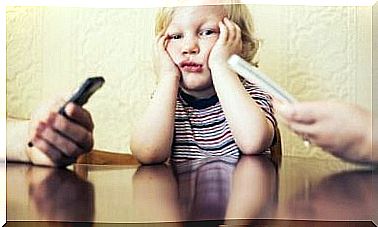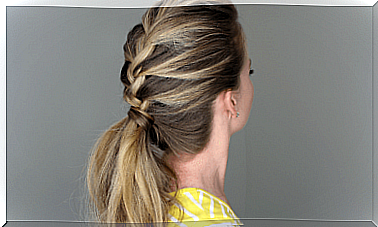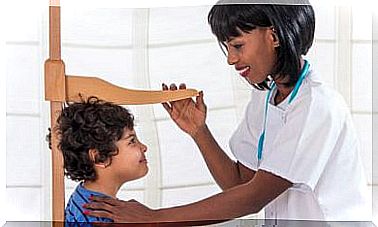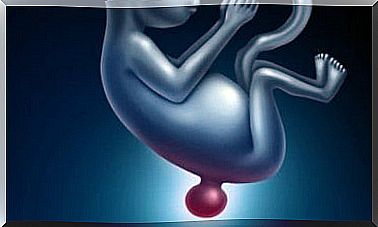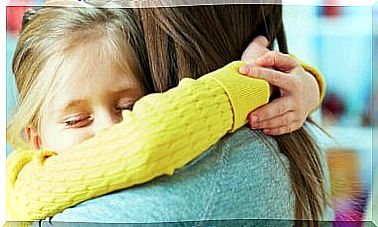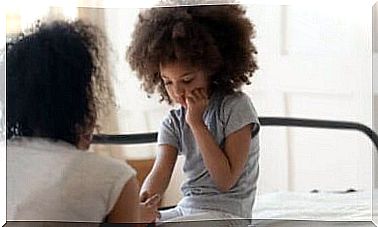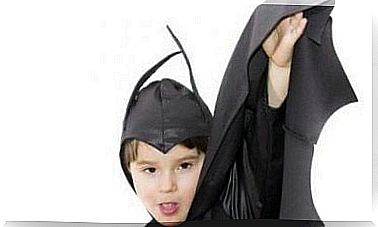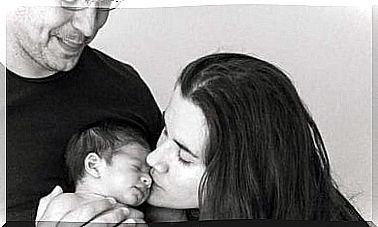Chronic Hives In Children
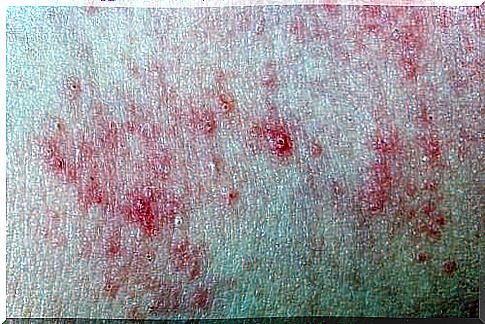
Read on to learn more about chronic hives in children. An outbreak of hives, also known as urticaria, normally lasts only a few hours or at most a few days. But in chronic cases, this itchy rash can last for six weeks or more.
Chronic hives refer to a variety of conditions that affect the epidermis. It causes a rash that can take more than six weeks to clear. In general, chronic hives in children are the result of an allergic reaction.
In other words, the irritation that characterizes this condition is a reaction of the body to allergens. Chronic hives in children are itchy and uncomfortable. Parents should keep a close eye on the condition until it clears up.
Chronic hives in children can appear in the form of bumps, red spots or welts. They can appear in isolation or in a cluster or spread over large areas of the body.
For example, a case of hives can affect an entire arm or just a small patch of skin.
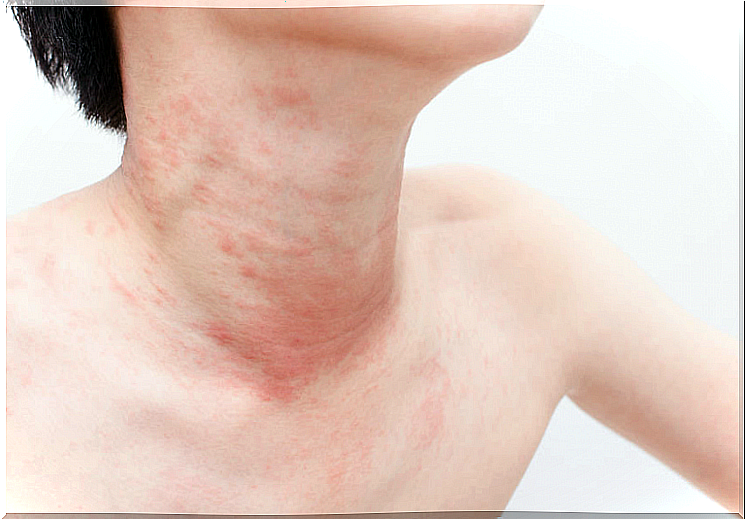
Causes
This condition occurs when immune cells called mast cells encounter the chemical histamine in the bloodstream. This opens small blood vessels under the skin. Fluid builds up in the skin, causing pimples, bumps, or welts.
The exact cause of this reaction can be difficult to determine. There are many things that can trigger a case of hives and every body reacts differently.
This means that in many cases it is impossible to determine what causes chronic hives in children. However, many episodes involve:
- Autoimmune Conditions
- insect bites
- Side effects of medication
- food allergy
Symptoms Of Chronic Hives In Children
The main symptom of chronic hives in children is an outbreak of raised spots, bumps, or welts.
The color of these may vary, with a lighter color in the center of each bump. They can appear in a group or individually.
The location and shape of the rash may change over the course of a few hours. The size also varies. Chronic hives are usually accompanied by an itchy, tingling, or burning sensation.
Depending on the type of urticaria, swelling or inflammation may occur. In very severe cases of hives, this swelling can affect the lining of the throat, causing the following symptoms:
- Fatigue
- Breathing problems
- Loss of consciousness due to anaphylactic shock
Diagnosis
Doctors are generally able to diagnose this condition with a quick physical exam. However, as mentioned earlier, the cause of chronic hives in children can be more difficult to determine.
Your doctor will ask a series of questions about the child’s medical history and possible exposure to allergens.
To narrow down the cause of the condition, a doctor may ask you to keep a diary. In this you write everything your child eats and drinks. Diagnostic tests may also be needed, such as a blood test.
One way to control chronic hives in children is to touch the skin with an ice cube. Then observe how the rash reacts to the cold.
Other doctors use a small weight to put pressure on a muscle. To see if the pressure creates new spots.
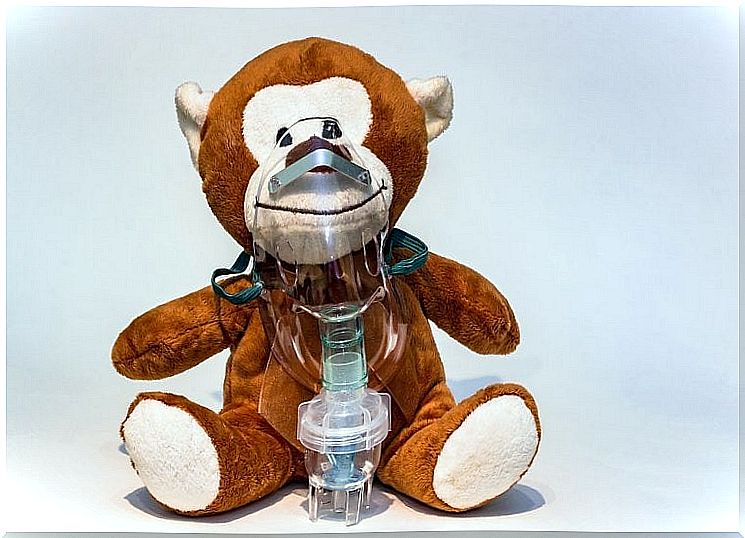
Treatment of Chronic Hives in Children
Mild cases of hives usually go away on their own and do not require treatment. However, in the case of chronic hives, it is important to determine what caused the reaction. This way you can remove the allergen as much as possible.
If your child suffers from a severe skin rash, the pediatrician may prescribe an antihistamine. To stop the body from releasing histamine into the bloodstream and stop the irritation.
Never give your child any medication without your doctor’s advice.
If a non-drowsy antihistamine doesn’t work, a stronger drug or combination of drugs may be needed.
In some cases of chronic hives in children, doctors may also prescribe oral steroids. These should be taken for a short period of time from 5 days to a maximum of 2 weeks.
However, it is important to limit the child’s exposure to the side effects of steroid medication.
If your child has chronic hives, don’t panic. As with many skin conditions, applying lotions or home remedies can backfire.
So talk to your doctor and find the right solution for your child.

